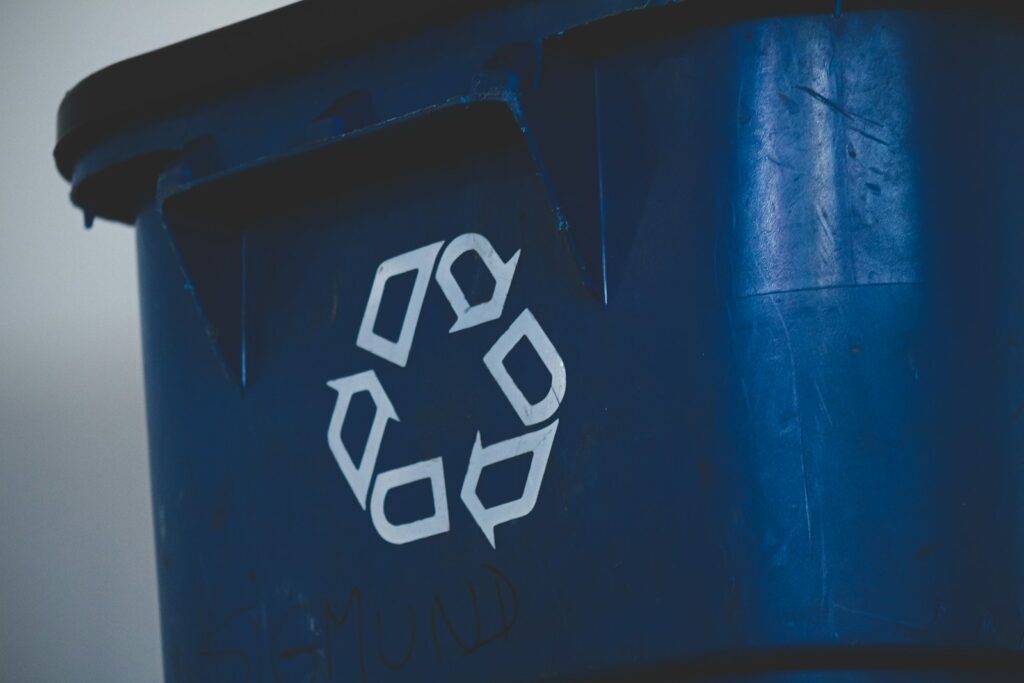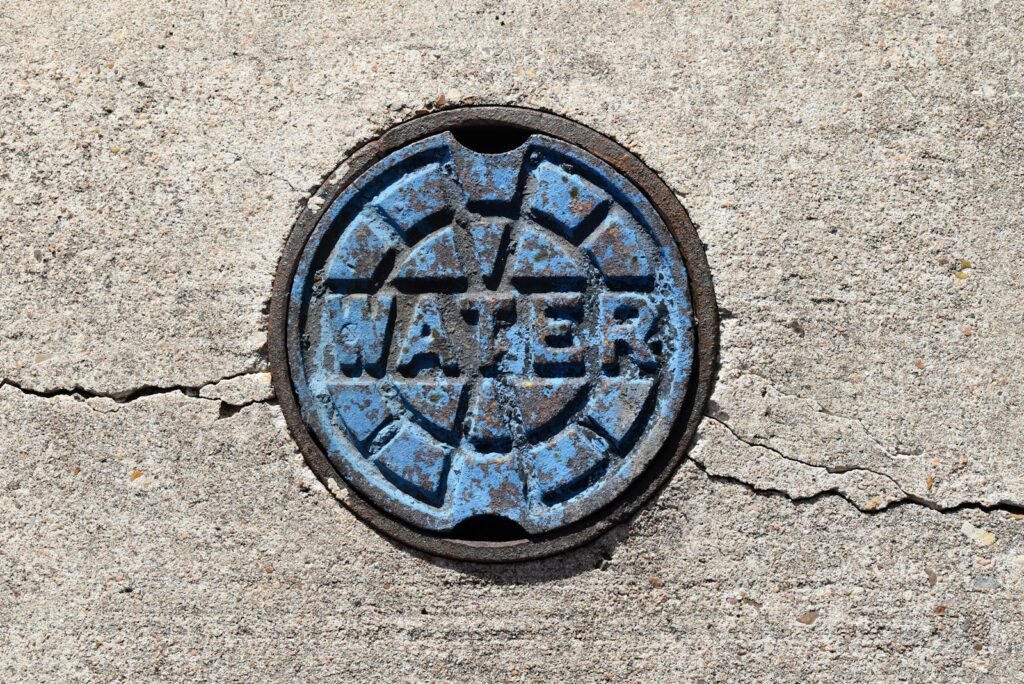There has been a recent flurry of stories about how the amount of contamination in recycling has increased in the past few years.
The headlines showed that between 2010-11 and 2014-15 the amount of material collected for recycling but rejected at materials recovery facilities had risen by approximately 154,000 tonnes. This sounds a lot but over the same period the amount collected for recycling rose by over 300,000 tonnes.
These stories have caused much finger pointing within the industry, most of it directed at councils. There have been several calls to end the ‘confusion’ that councils cause with their collections. The confusion myth is one that continues to be peddled by others in the industry but ultimately it is doing no one any good. All parts of the material supply chain need the right material going to the right place. So we have an industry wide problem, not a local authority only one.
You have to ask how many other industries would actively promote a negative perception about itself? However, that is exactly what we do when we talk of how confusing it all is. Say it enough and people will believe it, regardless of what else is happening.
Focusing on the collection systems is putting the focus on the wrong part of the supply chain
The vast majority of councils are very clear on the materials they do and do not want in their recycling collections and do a good job of communicating that to their residents. What we actually have is a lack of understanding of the more involved elements of our industry from the average person, who is much more mobile and has a wider geographic spread of friends. Therefore, we all know a lot more about other people’s collections and end up with ‘bin envy’ or ‘bin query’ but knowing what we need to do in our own house.
Focusing on the collection systems is putting the focus on the wrong part of the supply chain. Local authorities only collect the materials that have been put on the market by producers and retailers and which reprocessors can economically recycle. Having a standard collection system is not the answer as you still have differences in how viable materials would be to collect depending on what type of sorting plant a council uses, where they are in the country, what their current contracts are and so on.
As an industry we need to accept that we rely on each part of the supply chain to get materials out of the hands of householders. There needs to be an acceptance that local authorities are providing the solutions by putting in comprehensive collection systems, but we cannot compel the householder to use them correctly.
There also needs to be an acceptance that public funds are still decreasing so councils will only collect new materials where a business case (for that area) stacks up. If we as an industry want more materials in the right way, then we all ned to have a conversation about how that is funded from all parts of the sector. And most importantly we need to stop telling everyone how confusing it is – because it isn’t.
Photo by andyarthur
















